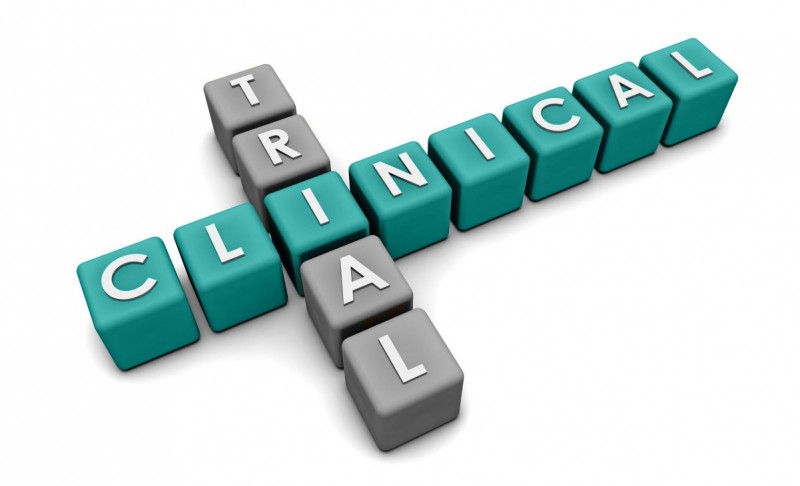
For fifteen years, George Clinical and its parent company, The George Institute for Global Health, a leader in chronic disease research have been leading the way in clinical research . In 2016, George Clinical reported how healthcare applications on smartphones and access to real time data have the potential to improve clinical trials. Since George Clinical provides a full range of clinical trial services to pharmaceutical, medical device, and biotech customers across all trial phases, improved performance, data analysis and reporting are key aspects to improving the field of clinical trials and at the same time, smartphone applications may have the potential to improve recruitment and retention.
Mobile Health Applications and Wearables
The clinical trial industry is benefiting from new technologies in many ways, but smartphone applications are giving the industry a complete makeover, by making people more in tune with their own health outcomes. You probably already use a health application to help monitor your own health whether it is exercise, food, or sleep related. It might be in conjunction with your mobile device or even in the form of a wearable specifically designed to help monitor your vitals or movement. In general, these mobile applications and wearables are making users more aware of their health, nutrition and exercise. Estimates put the wearable and mobile health industry at over $173 billion by 2020. The overall impact is a positive one and has a direct impact on people’s adherence to medications and an individual’s health and well-being.
How are Mobile Health Applications Impacting the Clinical Trial Industry?
Mobile devices and applications bring with them a much easier way of collecting data than in having to bring participants into the clinic for trials. Plus, it makes data collections easier and more accurate. This has led to an increase in the participants of clinical trials. As more wearables and new applications are coming onto the market, there will be even more of an of a population in clinical trial to collect data from. To give you an example of how much of a jump there has been in clinical trial participation we look to The Research Kit application that comes with the Apple Watch. Users can download the clinical trial applications right from the app and the watch starts anonymously collecting their data immediately. The results have been amazing:
• John Wilbanks is the developer of mPower, a Parkinson’s App for The Research Kit reported
• that, “After six hours, we have 7,406 people enrolled in our Parkinson’s study. Prior to that, the largest study total was 1,700 people.”
• Bloomberg reported that Stanford University’s cardiovascular trial attracted more volunteers
• in one day after releasing their MyHeart Counts App than it would normally acquire in a year. (Source:
• ClinicalLeader.com)
Those statistics just come from Apple Watch applications which are only a small part of the revolution that is on the horizon for mobile clinical trial participation. Mobile health applications (as a part of the clinical research industry) are still in their infancy. As the Apple Watch sensors and application technologies improve,
the potential for increases in clinical trial participation is exponential.
Inevitably, however, when scientific integrity and regulatory conformity is of paramount importance, there is still a long way to go before wearables become the ‘panacea’ for smart and efficient trial delivery. Wearables still present considerable hurdles in the data collection process. Critical questions such as: are the devices being used correctly? Is the participant wearing the device at all times and not giving them to a friend? Is the technology free from external interference, such as hackers? Until all these questions (and many others) are answered and the data integrity ensured, they will remain just an excitingfuture prospect instead of a current reality.
Real Time Data Collection
One of the major areas of advancement in technology for clinical trials has come in the area of real time data collection. Real time data collection increases the speed of reporting for clinical trials and allows for data collection and discovery to begin during the trial rather than waiting until a trial is over to begin processing the data. This speeds up the data analysis process while reducing the amount of visits necessary for participants and reduces their risks. Those benefits have led to an increase in participants which alwaysbenefits a trial when there are more subjects to generalise data from. Overall, real time data collection improves the data and reporting while reducing costs and giving companies the ability to bring new drugs that work better into the market sooner.
Conclusion and Takeaways for your Company
Whether you are a clinical trial company or a company participating inor conducting a trial, technological advancements provide an exciting glimpse into the future of the sector. While we have mobile health applications and wearable devices to make it easier for patients to monitor their own health outcomes, we also have improved technologies for the collection and analysis of data in real-time. These technologies have the potential to make a significant positive impact on the outcomes for patients and for companies conducting clinical trials and drug discovery.


